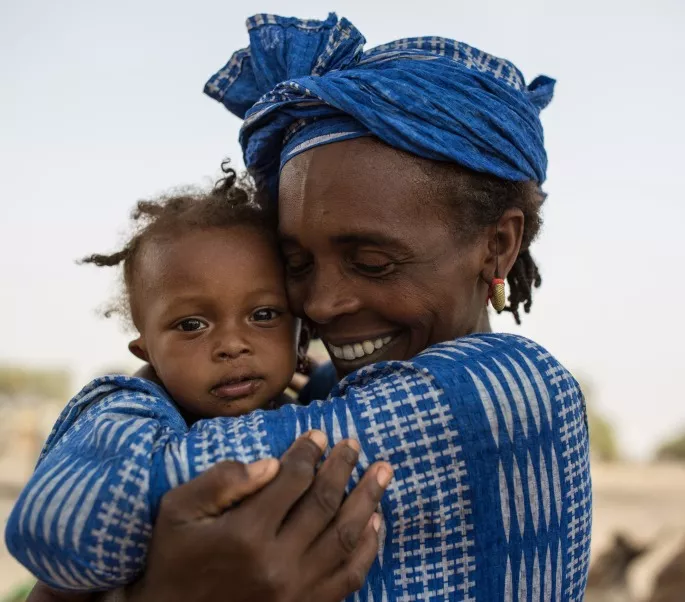Where are the female scholars of Islam? Where is their place in history? Why do Muslim women have no voice in the areas of education, scholarship, and da’wah? These questions are ones that many individuals – Muslim and non-Muslim alike – ask as they question the inclusion and empowerment of women in the Islamic tradition. In response to this, we hope to produce a series of featured articles that will highlight this particular aspect of our history. We believe that by gaining a clearer understanding of the past and present achievements of women in Islam’s tradition of education and scholarship, we can extract invaluable lessons and inspire a new generation of Muslim female scholars and students of knowledge.
It is absolutely undeniable that women play a critical role in the formation and cultivation of society. A woman is often the first educator for her children, situating her in a uniquely influential position in the establishment of community. Women hold countless roles throughout their lives, and within these roles, they have an opportunity to make an active contribution at every level of the community – including the spheres of education and scholarship. At a time when Muslim women are being increasingly attracted by or pulled towards ‘feminism’ and countless other ‘-isms’ which quite often attack several of the roles of Muslim women as ‘oppressive’ and ‘second-class’, the community as a whole must be reminded that the authentic sources of Islam have always spoken about the rights of women and recognized them as full partners in our history. This was long before any human-made ideology emerged to finally speak to the worth and plight of women.
Throughout history, in most religious and secular realms of scholarship, there are very few areas in which women have played an equally important role as men. The study of the Qur’an and the sciences of hadith is certainly an exception – a fact that our own community often fails to celebrate and propagate today and that ‘-isms’ of all sorts fail to acknowledge and highlight. Since the texts of the Qur’an and Sunnah clearly highlighted the importance of women and defended their rights against pre-Islamic traditions, the Ummah had no misgivings in entrusting Muslim women with matters of the utmost importance. Throughout Islamic history, in accordance with the bounds of Islam, women travelled for knowledge and taught in major mosques and schools – the epicenters of Islamic scholarship. They transmitted and critiqued hadith, issued fatwas, and taught a myriad of male and female students – similar to their male counterparts. Furthermore, this dedication was not a manifestation of a competition between male and female students, but rather borne of a deep devotion to Allah (swt). There is no doubt that Muslim female scholars, with their commitment, intense study, and sound judgment, were critical in the establishment of this beautiful deen. So what happened? Why have we been witness to the decline of female presence in the pursuit and propagation of Islamic knowledge? How do we get back to our roots?
We are living at a time when the Muslim community is clearly struggling and new ideologies after ideologies appear increasingly attractive to both Muslim men and women – young and old. In the articles that will follow insha’Allah, we hope to remind everyone, including ourselves first and foremost, that the words of Allah (swt) and the Sunnah of Rasul (saw) are timeless and sufficient to empower women to achieve their rightful potential.
It was true then, and it can be true again – it’s simply time to get back to our roots.



